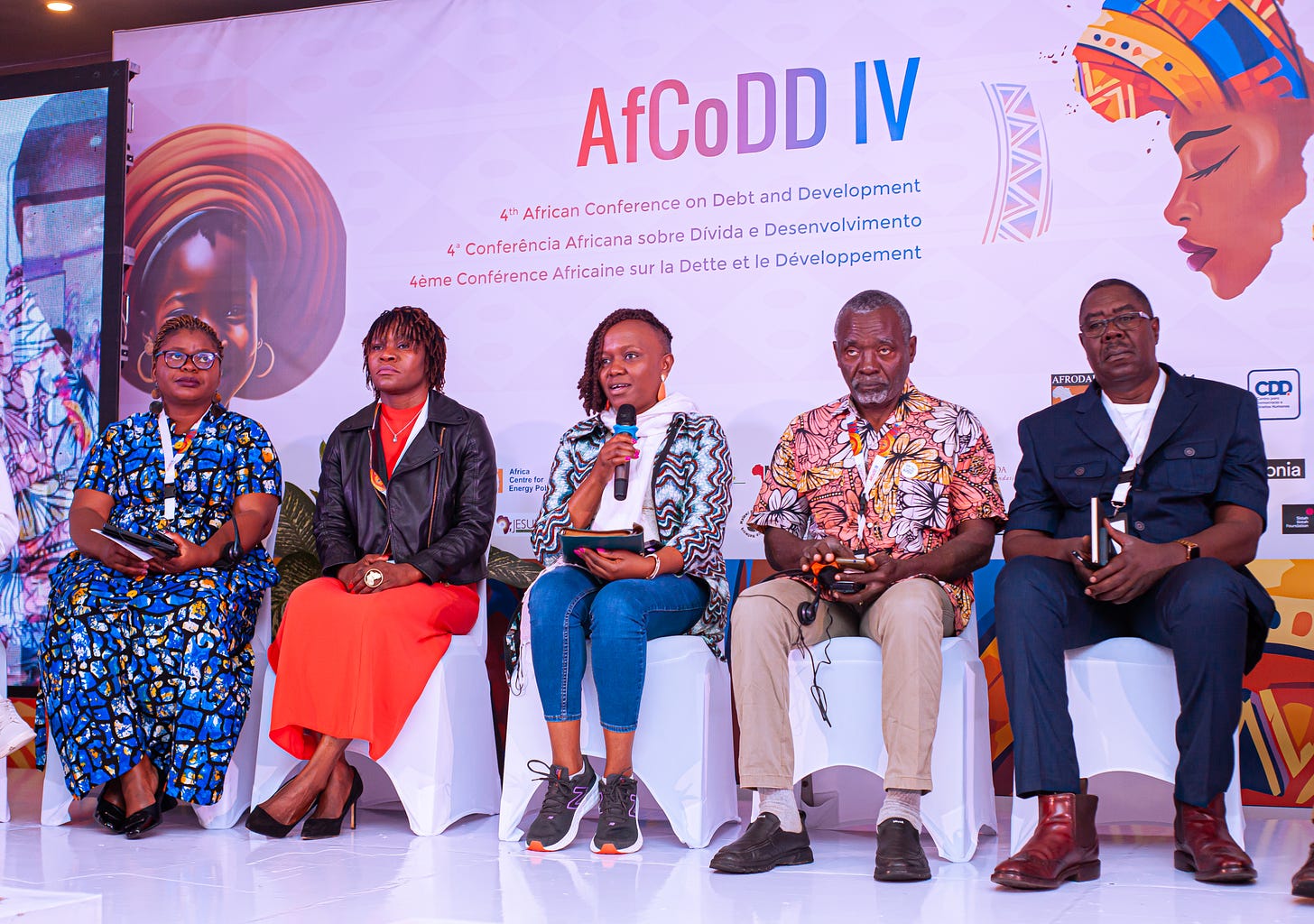Zimbabwe's debt transparency woes persist amid legal delays
Interestingly, Zhou revealed a semantic debate over Zimbabwe's debt situation.
MAPUTO, Mozambique— Zimbabwe's struggle with debt transparency and management came under scrutiny at the 4th African Conference on Debt and Development (AfCoDD IV) in Maputo, as civil society representatives highlighted ongoing challenges and government reluctance to address key issues, writes Winston Mwale.
Janet Zhou, Executive Director of Zimbabwe Coalition on Debt and Development (ZIMCODD), revealed that the country's debt has "ballooned from September 2023 by June by almost $3.5 billion," reaching approximately $22 billion.
She expressed concerns about the allocation of these funds, particularly regarding the capitalization of a sovereign growth fund and the central bank.
"The issue of debt transparency is at the center and at the core of what we are calling for in terms of enhancing transparency," Linda stated.
She emphasized the need for an independent debt audit, preferably led by parliament, to improve oversight of the country's accumulating debts.
A significant point of contention is the government's failure to implement court-ordered amendments to the Public Debt Act, which would enhance parliamentary oversight of publicly guaranteed debts.
"We are already in contempt of court when it comes to government when it comes to that court order," Linda noted, highlighting the slow pace of legal reforms.
The speaker also touched on Zimbabwe's structured debt dialogue platform, created in December 2022 to facilitate discussions between creditors, government, and civil society.
However, she indicated that progress within this space has been limited, with no meetings held since August 2023.
Interestingly, Zhou revealed a semantic debate over Zimbabwe's debt situation.
"We were told at the conference that Zimbabwe is not in debt crisis," she said.
"It has got a debt overhang, and that was a big conversation."
As the conference concluded, participants emphasized the need for greater transparency, improved governance, and more robust civil society engagement in addressing Africa's debt challenges.




